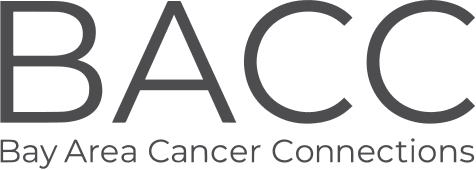
Forty percent of advanced estrogen-receptor-positive (ER+) breast cancer patients have mutations that result in uncontrolled activation of the PI3K pathway. This pathway is involved in resistance to endocrine therapies and can promote the growth of ER+ breast cancer cells. SOLAR-1 is a phase III clinical trial of 572 patients with advanced ER+, HER2-negative breast cancer. The trial investigated whether there is a benefit to adding alpelisib, a drug that blocks the PI3K pathway, to treatment with fulvestrant (Faslodex), an anti-estrogen receptor drug. The addition of alpelisib resulted in a clinically meaningful extension of median progression free survival from 5.7 months to 11 months in both endocrine therapy sensitive and endocrine therapy resistant patients. Overall survival data will be reported in the future. The main side effect due to inhibition of PI3K was hyperglycemia (elevated blood glucose levels), which was easily detected and managed with oral medication.
(Abstract GS3-08) Highlights from the 2018 San Antonio Breast Cancer Symposium
By Anh Diep, VMD, PhD Candidate, and Erika Bell, PhD, Manager of Medical Information, Bay Area Cancer Connections
In early December 2018, thousands of researchers from across the world convened in San Antonio, Texas, for the 41st Annual San Antonio Breast Cancer Symposium. This five-day symposium brought together experts in basic, translational, and clinical research; clinicians; and patient advocates to present and discuss advances in breast cancer research and treatment. As progress in breast cancer continues, the challenges remain: to personalize treatment based on characteristics of the cancer, to minimize over- and under-treatment, and to maximize quality of life. This article highlights several of the talks from the 2018 symposium that are most likely to have a direct impact on the clinical care of breast cancer patients. For access to complete symposium resources, including abstracts, posters, and presentations, visit sabcs.org.

